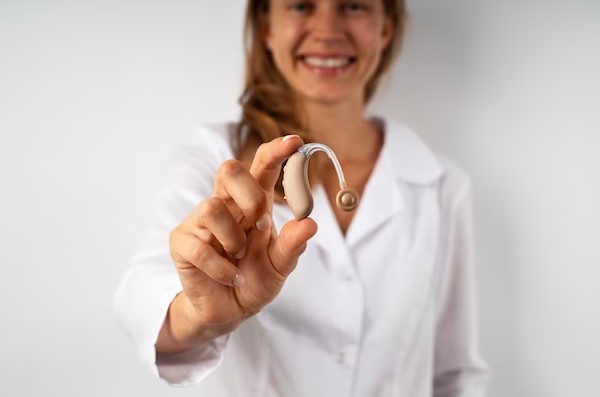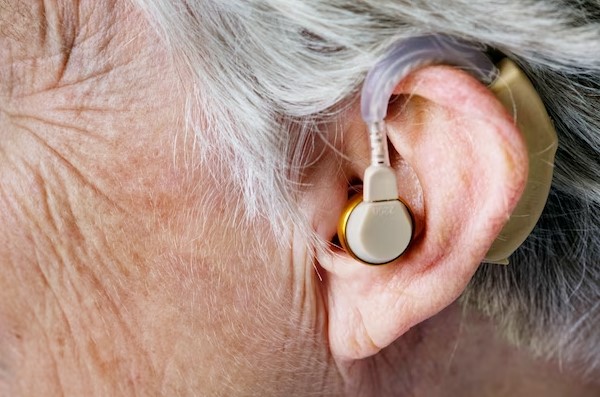Hearing aids have come a long way in the last few decades. There are many high-tech hearing aids out there, but not all of them will work for you. That’s why you need to ask your doctor plenty of questions about hearing aids before you make a choice.
So how long do hearing aids last? Each patient’s experience is different, and technology is always changing. Keep reading to learn why this is and how long of a lifespan you can expect from your hearing aids.
Type of Hearing Aid
Hearing aids come in various types to cater to different types and levels of hearing loss. Behind-the-Ear (BTE) hearing aids typically have a longer lifespan compared to other types. On average, they can last between 5 to 7 years.
In-the-Ear (ITE) hearing aids are custom-made to fit within the ear. Their lifespan is usually around 3 to 5 years.
In-the-Canal (ITC) and Completely-in-the-Canal (CIC) aids are smaller and more discreet hearing aids that have a shorter lifespan compared to BTE and ITE models. They generally last between 1.5 to 4 years.
The choice of hearing aid depends on factors such as the degree and configuration of hearing loss, personal preferences, and the recommendation of a hearing care professional.
Quality of Technology
Higher-quality hearing aids are often built with more durable materials and better workmanship. This durability can increase the overall lifespan of the hearing aid.
High-quality hearing aids usually utilize advanced electronic components and processors. These components are meant to be more efficient, reliable, and energy-saving. They can provide better music quality, advanced features, and improved battery life. With better general performance, these hearing aids are likely to last longer and offer better user satisfaction.
How Often they are Used
The frequency of use directly affects the battery life of hearing aids. The more frequently the devices are used, the quicker the batteries will deplete and need replacement. Regular battery changes are expected, but frequent use can require more frequent replacements, which may impact the overall lifespan of the hearing aids.
The more hours a hearing aid is worn, the more wear and tear it will experience. Daily usage for longer durations can subject the device to physical stresses, such as moisture exposure, accidental drops, and contact with earwax or other debris. Over time, these factors can contribute to the breakdown of components and reduce the overall lifespan of the device.

Proper Hearing Aid Maintenance
To help extend the lifespan of your hearing aids, it’s important to clean and maintain them. Use a soft, dry cloth to wipe them down and remove any accumulated earwax or debris. Avoid using water, solvents, or cleaning products unless recommended by the manufacturer.
If you encounter any issues or need help with maintaining your hearing aid, it’s best to reach out to a professional hearing aid repair service or your healthcare professional for help.
Learning How Long Do Hearing Aids Last
Now you know how long hearing aids last; always remember that hearing aids are complicated pieces of technology and can last for years with proper care and maintenance. It is important to speak with your audiologist or doctor to determine what options are right for you.
Replace your hearing aid when necessary to enjoy the full benefits of better hearing. Invest in a pair of quality hearing aids today to improve your quality of life!




